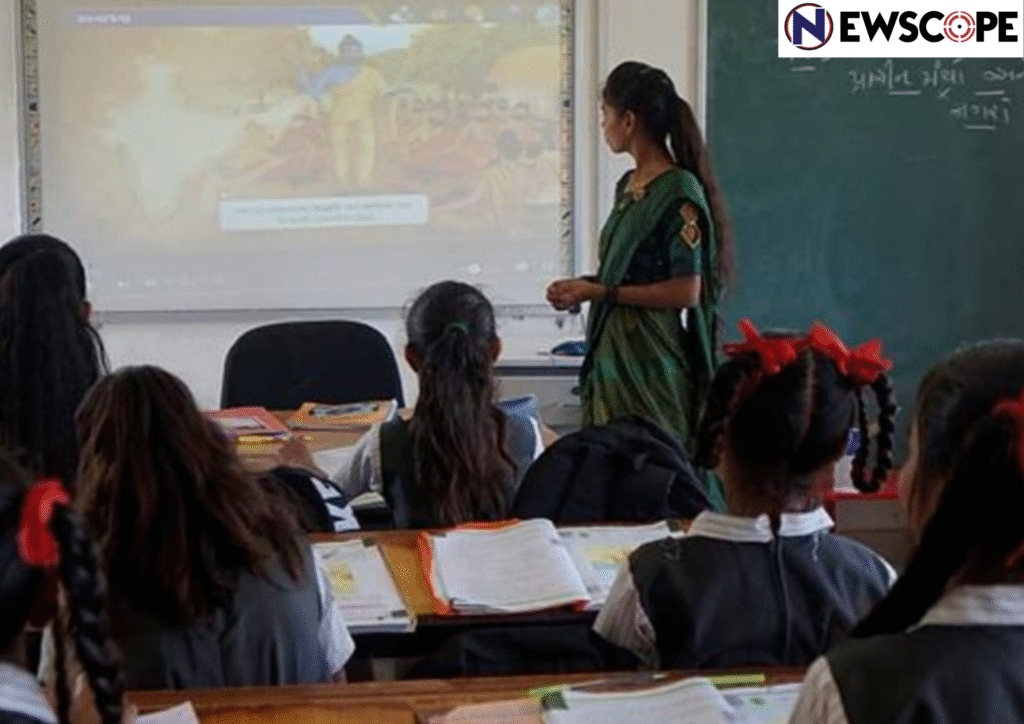A Parliamentary Standing Committee has urged the National Council for Teacher Education (NCTE) and the Union government to retain the Bachelor of Elementary Education (B.El.Ed) programme, warning against replacing it with the new Integrated Teacher Education Programme (ITEP) under the National Education Policy (NEP) 2020.
According to draft NCTE regulations, the four-year B.El.Ed course will be discontinued from the 2026–27 academic session, with institutions required to switch to ITEP courses such as BA B.Ed, B.Sc B.Ed or B.Com B.Ed. The NEP mandates that by 2030, the minimum qualification for teaching will be a four-year integrated B.Ed.
The committee described the plan to phase out B.El.Ed as “short-sighted,” stressing that it is a proven, high-quality teacher training course that should be expanded instead of removed. Introduced by Delhi University in 1994–95 and regulated by NCTE since 1999, B.El.Ed has produced well-trained teachers for Classes I to VIII, with around 90–95 institutions currently offering the programme.
Fifteen eminent education experts from India and abroad have also written to Education Minister Dharmendra Pradhan opposing the move. They praised B.El.Ed for its unique combination of academic content, teaching methodology, and practical training, calling it an effective tool for addressing teacher shortages, especially in rural and underprivileged areas.
The committee also recommended that NCTE consult state governments before changing teacher education structures, pointing out that education falls under the concurrent list. It urged the government to fill nearly 10 lakh vacant teaching posts, improve the functioning of District Institutes of Education and Training (DIETs), and strengthen NCTE’s staff capacity.
NCTE argues that ITEP would be more resource-efficient, requiring only nine faculty members per 50 students compared to B.El.Ed’s 16. The new programme is planned to be rolled out nationwide from 2025–26 after a pilot run in 2023–24.
However, the panel warned that efficiency gains should not come at the expense of quality. It said reforms should build on the strengths of B.El.Ed, not eliminate it, and called for a balanced approach that aligns NEP goals with proven teacher education models.
